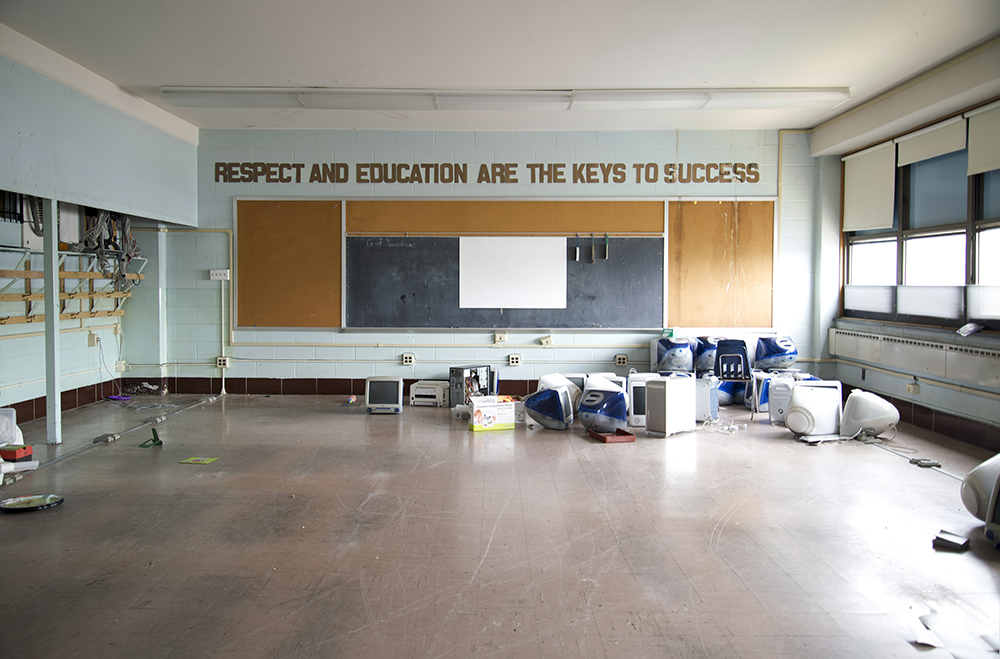Event
Mass School Closures and the Politics of Race, Value and Disposability in Philadelphia
Presenters: Julia McWilliams & Erika Kitzmiller

Discussant: Elaine Simon, Co-Director Urban Studies Program
BREAKFAST PROVIDED
Abstract: With the expansion of charter school networks, population losses in urban district schools and stretched budgets have encouraged struggling districts to adopt closure-as-reform. Although school closings have received considerable attention in the media as a controversial reform, reconfiguring the educational landscapes of over 70 post-industrial cities like Chicago, Detroit, and New Orleans, in the last decade, few scholars have considered the project of examining closures – their process and their effects – empirically. In this paper we examine the rollout of 30 school closures in Philadelphia in 2012 and 2013 to explain how school closures have become yet another policy technology of Black community and school devaluation in the United States.
Moving beyond educational studies that have focused on the outcomes of mass school closures like student achievement and cost savings, we argue that a thorough theorization of race, violence, and community value’s relation to school-closure as process could help to explain the ways in which contemporary educational policy reforms are creating new modes of communal disposability in cities’ poorest zip codes. Suturing anthropologies of violence and education to frame the analysis, we explore moments of collision between policy discourses deployed by state and local officials that crafted closures in as inevitable and threatened school communities’ articulations of the racialized implications of the closures. We further localize our analysis to demonstrate how two school communities – one majority Asian and another majority Black – with similar performances and characteristics, met dramatically different fates.
